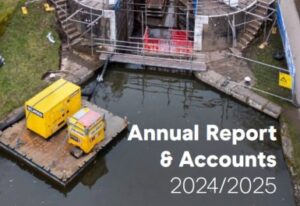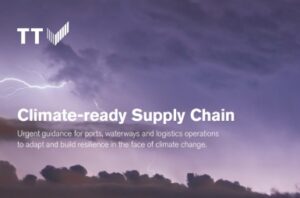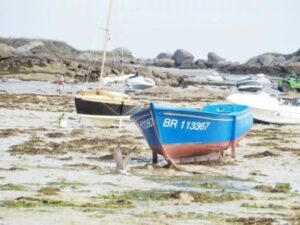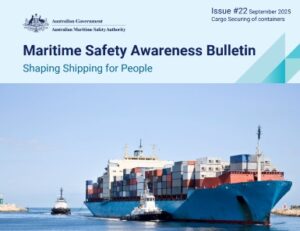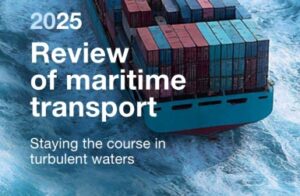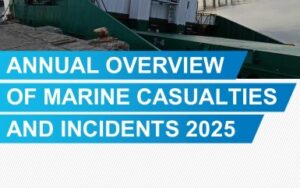
The European Maritime Safety Agency (EMSA) has published its Annual Overview of Marine Casualties and Incidents 2025, in which it presents statistics of marine casualties and incidents that cover the period from 1st of January 2015 to 31st of December 2024 as reported by the EU member states.
In 2024, most of the indicators, such as the number of occurrences, ships lost, fatalities or injuries, are near or below the average values for the entire period from 2015 to 2024. In 2024, 2,659 marine casualties and incidents were reported which represent a decrease of 50 compared to 2023 and an increase of 24 compared to 2022. Continue reading “Annual Overview of Marine Casualties and Incidents 2025 report published by EMSA”
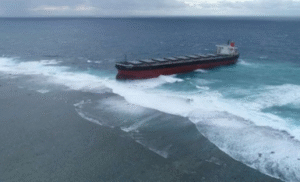
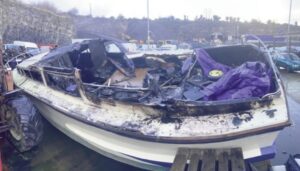
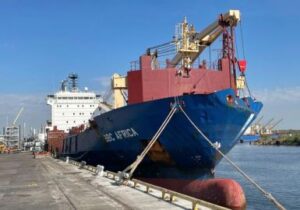
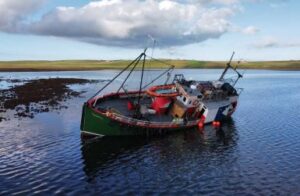
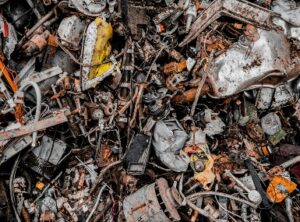 NorthStandard P&I Club has issued guidance on the rising fire risks associated with scrap metal cargoes, particularly those coming from East Coast USA and Ghent, Belgium. They highlight the need for strict vigilance.
NorthStandard P&I Club has issued guidance on the rising fire risks associated with scrap metal cargoes, particularly those coming from East Coast USA and Ghent, Belgium. They highlight the need for strict vigilance.